Clinical Applications of Bowen Family Systems Theory
$68.36
Description
One look inside Clinical Applications of Bowen Family Systems Theory, and you’ll see that your most current clinical dilemmas are not as difficult to solve as you think. You’ll find plenty of information to assist you in treating a vast audience of populations–the elderly, college students, troubled couples, remarried families, and children with severe medical problems. You’ll also find that you’re able to apply the Bowen systems theory to nearly every clinical situation–emotional dysfunction in children, alcoholism, incest, divorce, depression, phobias, and obsessive-compulsive disorders.Clinical Applications of Bowen Family Systems Theory is an ideal companion for family therapists, clinical psychologists, clinical social workers, psychiatrists, psychiatric nurses, and counselors. You’ll find your working comprehension of Murray Bowen’s work will grow, and you’ll become more adept at applying what you read in real-life clinical situations, especially in these related areas:
- family systems assessment based on the Bowen Theory
- marital fusion and differentiation
- bridging emotional cut-off from a former spouse
- dealing with a child-focused divorce
- case studies of alcoholism and family systemsClinical Applications of Bowen Family Systems Theory is the first book to collect, illustrate, and walk you through a full application of this highly effective treatment method in any number of clinical settings. Both beginning and experienced therapists will find interesting reading in the history of the theory, and the result will be interested clients who begin to create functional, thriving personal histories for themselves.
Author: Titelman, Peter
Topic: Psychology
Media: Book
ISBN: 789004690
Language: English
Pages: 448
Additional information
| Weight | 1.26 lbs |
|---|---|
| Dimensions | 8.41 × 6.01 × 0.92 in |


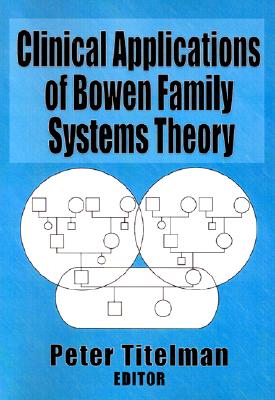
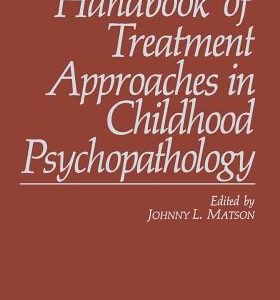
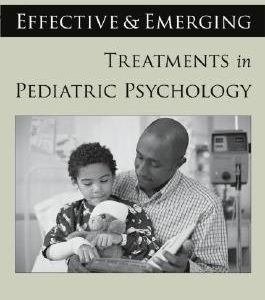





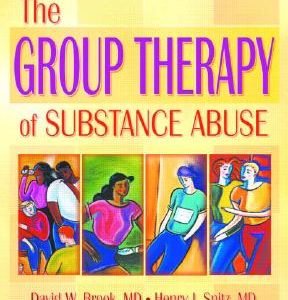

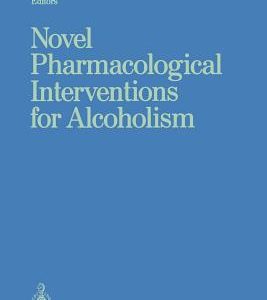

Reviews
There are no reviews yet.